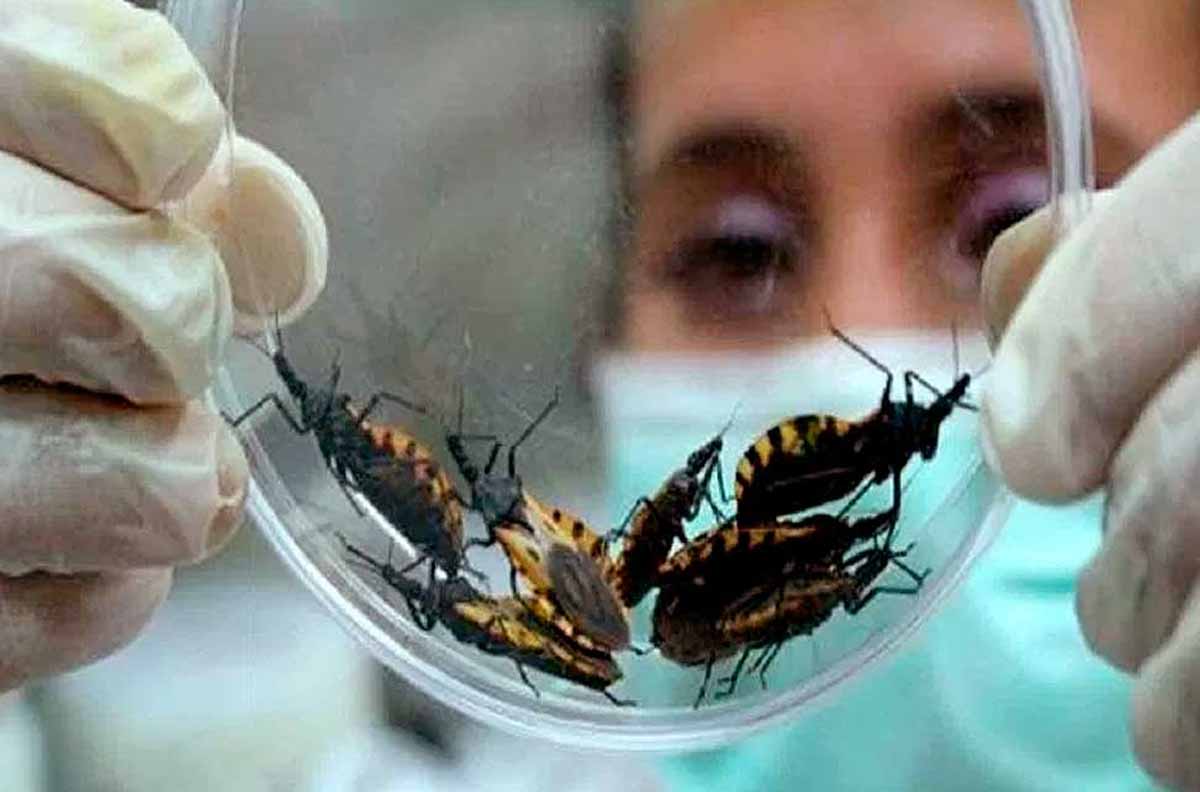- Home
- Editorial
- News
- Practice Guidelines
- Anesthesiology Guidelines
- Cancer Guidelines
- Cardiac Sciences Guidelines
- Critical Care Guidelines
- Dentistry Guidelines
- Dermatology Guidelines
- Diabetes and Endo Guidelines
- Diagnostics Guidelines
- ENT Guidelines
- Featured Practice Guidelines
- Gastroenterology Guidelines
- Geriatrics Guidelines
- Medicine Guidelines
- Nephrology Guidelines
- Neurosciences Guidelines
- Obs and Gynae Guidelines
- Ophthalmology Guidelines
- Orthopaedics Guidelines
- Paediatrics Guidelines
- Psychiatry Guidelines
- Pulmonology Guidelines
- Radiology Guidelines
- Surgery Guidelines
- Urology Guidelines
Two rapid tests may accurately diagnose Chagas disease in field

According to a study led by the Barcelona Institute for Global Health (ISGlobal) in collaboration with CEADES and Mundo Sano Foundation the combined use of two commercially available rapid diagnostic tests is effective for accurately diagnosing chronic Chagas disease in the field.The performance observed indicates that these tests could be used to diagnose chronic Chagas in highly endemic regions with poorly equipped laboratories.
The results of the study have been published in PLoS NTDs.
The acute phase of infection by Trypanosoma cruzi - the causal agent of Chagas disease - is typically asymptomatic and goes unnoticed. Disease diagnosis often occurs during the chronic stage, when symptoms appear. The conventional serological tests (ELISAs) used to diagnose the disease are not practical to perform since they require equipped laboratories. In contrast, rapid diagnosis tests (RDTs) are easy to use, do not need cold storage, and require small quantities of blood.
In a previous study, the research team had already suggested using two rapid tests as an alternative to serological techniques for Chagas diagnosis. "We have now taken the RDTs to the field, to test them in screening campaigns performed by mobile teams," explains Julio Alonso-Padilla, ISGlobal researcher and coordinator of the study. The authors used 685 samples obtained in the Chaco region of Bolivia to compare results from both RDTs - either combined or separately - with the standard serological tests performed in laboratory. They found that the combined use of both RDTs had a sensitivity (i.e. the capacity to detect positive cases) of 97% and a specificity (i.e. the capacity to discern negative cases) of 96.1%, compared to the standard algorithm (based on ELISAs).
The results showed a high prevalence of infection in the region: 44% of analysed samples were positive. "The results of this study support the use of rapid diagnostic tests as an alternative to conventional serological methods in the Chaco and other highly endemic regions," says Alonso-Padilla.
"The results from this work encourage the use of RDTs as an alternative to conventional serological methods in the Bolivian Chaco and other areas with similar epidemiological characteristics," the researchers say.
For further reference log on to:https://doi.org/10.1371/
Next Story
NO DATA FOUND

Disclaimer: This site is primarily intended for healthcare professionals. Any content/information on this website does not replace the advice of medical and/or health professionals and should not be construed as medical/diagnostic advice/endorsement or prescription. Use of this site is subject to our terms of use, privacy policy, advertisement policy. © 2020 Minerva Medical Treatment Pvt Ltd